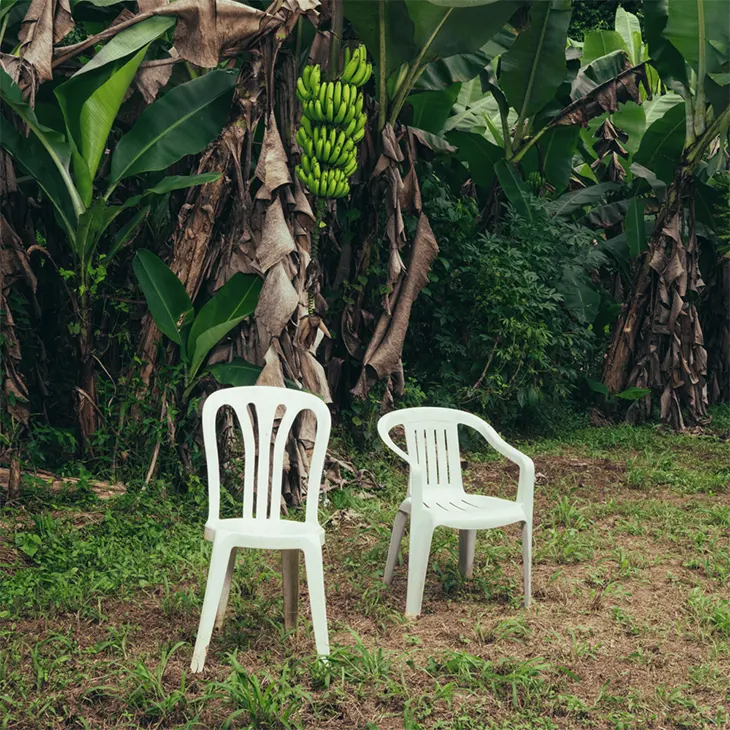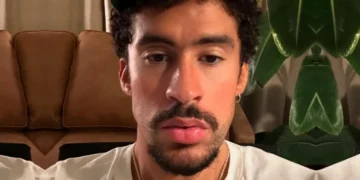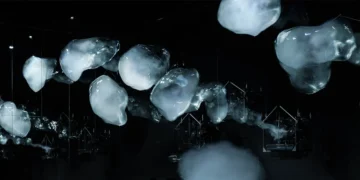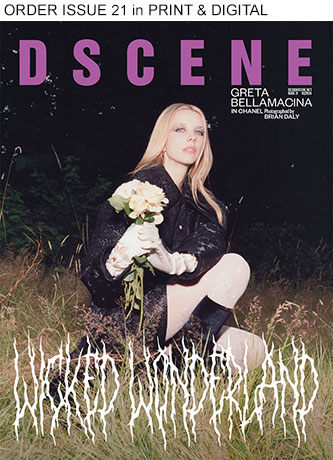
This fall, Yale College will introduce a new course focused on three-time Grammy Award winner Bad Bunny, exploring his influence on music, migration, and the Puerto Rican diaspora. Titled Bad Bunny: Musical Aesthetics and Politics, the class will be taught by associate professor Albert Laguna from the departments of American Studies and Ethnicity, Race & Migration.
Inspired by Bad Bunny’s latest album, DeBÍ TiRAR MáS FOToS, Laguna aims to use the artist’s work as a lens to discuss Spanish-speaking Caribbean culture, the politics of migration, and the historical evolution of popular music. “I was taken by how every song opens up avenues of exploration in relation to topics that are important to me,” Laguna said, describing how the album first sparked the idea during a trip to New Orleans.
The course will closely examine the album’s engagement with issues such as gentrification, colonialism, and the impact of U.S. imperialism on Puerto Rico. Students will study musical genres like bomba, plena, salsa, and reggaeton to trace how cultural histories are embedded in sound. One key track in the syllabus, “NUEVAYoL,” reinterprets salsa classic “Un Verano en Nueva York,” spotlighting the longstanding cultural exchange between Puerto Rico and New York City.

Beyond Bad Bunny’s global popularity, Laguna hopes students will connect with the deeper political and historical layers in his music. “You can ‘hear’ what the mass migration of Puerto Ricans made possible,” Laguna explained, emphasizing how musical flows reflect broader colonial and social dynamics.
The course has already sparked excitement on campus. Students like Juli Martinez ’27 described Bad Bunny’s music as a lifelong influence, while others, including Diego Paz ’27, noted that the class marks a shift toward embracing popular culture within traditional academic spaces.
With 44 students already registered, Bad Bunny: Musical Aesthetics and Politics reflects a growing recognition of how contemporary artists like Bad Bunny challenge, record, and reshape cultural narratives through music.



















